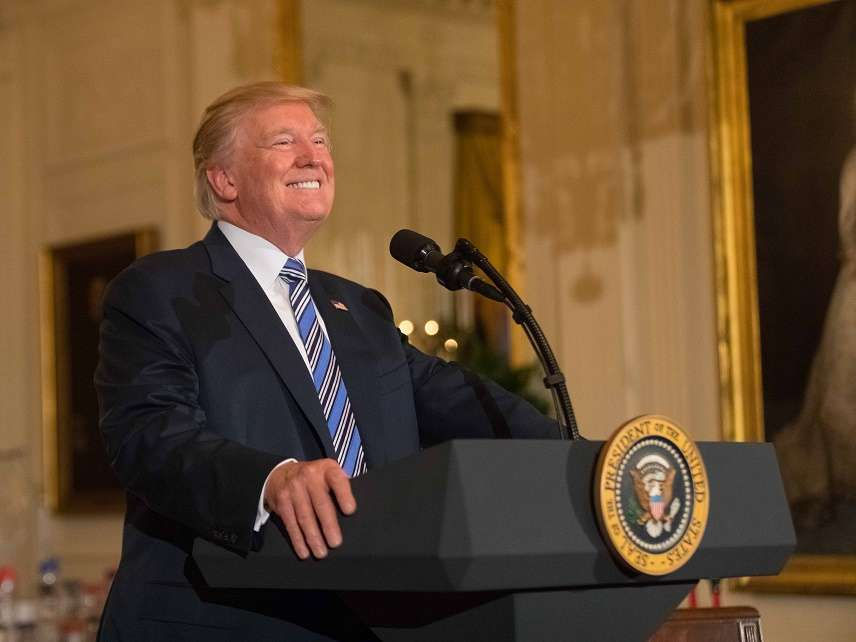'Experts' Fear Trump Will Talk to Kim Jong Un, <em>New York Times</em> Reports
- OurStudio

- Aug 31, 2017
- 3 min read

Shawn T Moore/ZUMA Press/Newscom
President Trump fired off a tweet bemoaning the "extortion money" the U.S. has been paying North Korea over the last two decades. "Talking is not the answer!" the president huffed.
Not really, Defense Secretary James Mattis and other members of the administration clarified immediately. Secretary of State Rex Tillerson has previously signaled the answer to the North Korea crisis is conversational.
Still, Trump's tweet "revealed a paradox in how Asia experts view the crisis," The New York Times reported. Some fear Trump commencing a "risky, unpredictable dialogue" with Kim Jong Un more than him starting a war.
"What the North Koreans are angling for is to bring the danger and tension to a crescendo, and then to pivot to a peace proposal," Daniel Russel, the previous assistant secretary of state for East Asian affairs, told The Times. "All of this is focused on pressuring the U.S. to enter direct talks with Kim on his terms. That is the big trap."
A trap, The Times noted, President Clinton almost fell into in the 1990s. But the prospect of direct talks shouldn't be seen that way.
"I suspect that in the end, the president might fall back on his event-planning background," Michael Green, an Asia advisor for President George W. Bush, told The Times. "This is not a Miss Universe pageant or a pro wrestling match, so that might stop Trump in his tracks."
American foreign policy may not have been conducted by a WWE Hall of Famer before, but that doesn't mean wrestling-like tropes haven't been used before. After all, Bush called North Korea, Iran, and Iraq an "axis of evil" in his 2002 State of the Union address.
That description, the subsequent invasion of Iraq, and the deterioration of relations with Iran in the Bush era offer few incentives for North Korea other than to press ahead with its current program for deterring regime change.
Six-party talks—North Korea, South Korea, the U.S., China, Japan, and Russia—collapsed in 2006 over North Korean satellite launches, which served much the same purpose as its test missile launches.
It should come as no surprise that a military build-up across East Asia and a perceived lack of interest in resuming negotiations produced more and more North Korean missile tests.
President Obama's "Asia pivot," a sanitized term for a China containment policy, meanwhile, predictably led to a more confrontational stance from China.
The Times cites the death of American citizen Otto Wermbier, who was imprisoned by the North Korean regime, and the broader political climate, as impediments to such talks.
But there are more fundamental stumbling blocks, primarily that there is not all that much for the U.S. to discuss with North Korea outside of the reality that multilateral negotiations are the best path forward for the region.
Despite deteriorating U.S.-Russia relations, the region, like the world, is a far less divided place today than it has been at any time since the establishment of the Democratic People's Republic of Korea.
Trump has tried to cultivate a relationship with Japan Prime Minister Shinzo Abe as well as China President Xi Jinping.
Multilateral negotiations are the most promising path to resolving the North Korean crisis. If bilateral talks can lead to multilateral negotiations, they would be a success. The Times nevertheless conceded such two-way talks remained "a far-fetched notion."
Any talks will be, on a basic level, unpredictable. There are no easy solutions to the crisis. Talking them through, however, whether two-way, six-way or some other way, decreases the chance of a pre-emptive or reactive war.




Comments